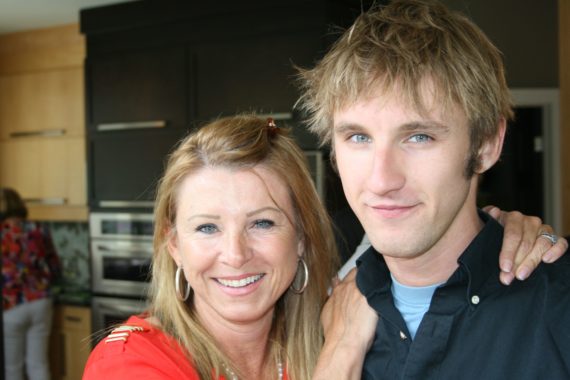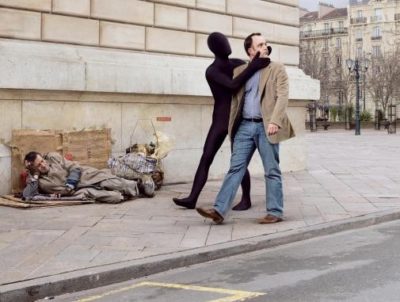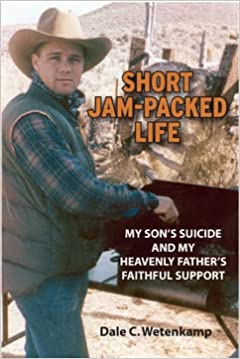
My son, David, in happier times. Photo courtesy of Margaret Konopacki.
(12-24-21) Thank you Margaret Konopacki for sending me this email about your son and his enduring Christmas gift.
Dear Pete,
On New Year’s Eve December 24, 2016, my only child, David Martin, stood before our family Christmas tree with his guitar and announced that he had a very special gift for me, his mom.
He had a familiar twinkle in his eyes when he began singing “Maggie’s Song,” which he’d written about me. (Watch video below.)
Little did I know at that moment, this would be the last Christmas gift I would ever receive from my son. He ended his life on September 24, 2017 after just turning 30.
I believe he took his life due to the hopelessness that he felt. David was intelligent, kind, and gifted. But his mental illness convinced him that he was a failure who had let everybody down. I believe it was our mental health system that was a failure and let him down.
His death changed me. I refused to give up. To help others and keep my son’s memory alive, I created a non-profit called the Birdsong Foundation. It offers grants to Canadian musicians with mental illnesses and showcases their work. Our first album includes work by eleven Canadians and will be released in May 2022 along with a Canadian tour.
This Christmas I will think of of my son and listen to him sing “ Maggie’s Song.” I believe it is a tribute to all mothers and to motherhood. It shows the devotion and love of an adult child and his mother – perhaps the last person who still believed in him and who did not give up on him.
Along with my therapy dog named River – to remind me to “go with the flow” – I will ask myself what can I do to prevent other sons and daughters from dying, and I will tell David’s story.







